[Newsbits] 14-16.03.2024 – PM-SURAJ Portal, PB-SHABD Service & More
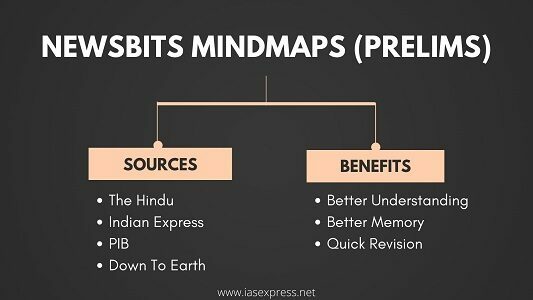
The United States House of Representatives has passed a bill aimed at banning TikTok due to national security concerns, relating to the app’s Chinese ownership by ByteDance. The bill received bipartisan support, with a vote of 352 in favor and 65 against, and now awaits a decision in the Senate. President Biden has expressed his willingness to sign the bill into law if it passes. The legislation requires ByteDance to divest its US assets within six months or face a ban on the app. This move has raised concerns about freedom of speech and the potential impact on the US economy and small businesses. TikTok, with an estimated 170 million users in the US, faces an uncertain future as discussions continue in the Senate, with both supporters and critics voicing their perspectives. The Model Code of Conduct (MCC) is a set of guidelines issued by the Election Commission of India to ensure free and fair elections in the country. It becomes effective from the date the election schedule is announced and applies throughout the country for Parliamentary elections, and within the poll-bound states for Assembly elections. The MCC covers various aspects, including general conduct, meetings, processions, polling day activities, use of polling booths, and the behavior of the party in power, to prevent any actions that could affect the outcome of the elections. While it lacks statutory backing, some of its provisions are enforceable through other statutes like the Indian Penal Code (IPC), the Code of Criminal Procedure (CrPC), and the Representation of the People Act (RPA). Challenges include a lack of awareness among stakeholders, criticism regarding the timing of its application, and limitations in ECI’s powers. Experts suggest providing statutory backing to the MCC and establishing special fast-track courts for quicker resolution of violations. The Election Commission of India (ECI) has released data on electoral bonds following directives from the Supreme Court of India. This initiative aims to enhance transparency in political funding by disclosing details of electoral bonds purchased and redeemed between April 12, 2019, and February 15, 2024. The data, which includes information such as the date of purchase, denomination, name of the buyer, and details of each electoral bond redeemed by political parties, was provided by the State Bank of India (SBI) and uploaded to the ECI’s website. This move comes after the Supreme Court invalidated the Electoral Bonds Scheme, initially introduced in 2017 to allow anonymous donations to political parties. The initiative for simultaneous elections in India, led by a panel with the Law Commission sharing a comprehensive roadmap, aims at the synchronization of Lok Sabha, State Assemblies, and Local Body elections nationwide. This move is driven by the intent to enhance electoral efficiency, reduce the substantial costs associated with separate elections, and minimize administrative and security disruptions. Despite its historical precedent up to 1967, the proposal faces hurdles, including opposition from various parties fearing an erosion of federalism and the substantial legal challenges of amending the Constitution to align election cycles. The proposal suggests significant benefits such as cost savings, increased voter turnout, and streamlined governance, yet faces criticism for potentially centralizing power and overshadowing local issues with national narratives. The central government of India, recognizing the rising incidents of dog attacks and fatalities, has taken a decisive step by directing states to ban the import, sale, and breeding of 23 dog breeds deemed “ferocious”. This move is aimed at safeguarding public safety by controlling the population of breeds that have been identified as a significant threat to human lives. The directive, issued to the chief secretaries of all states and Union Territories, also advises that pets of these breeds already in possession be sterilized to prevent further breeding. This decision underscores the government’s commitment to public safety while also raising questions about the implementation challenges and the implications for animal rights and welfare. India’s new semiconductor projects are a significant step towards achieving technological self-reliance and enhancing domestic innovation. The government has approved three semiconductor plants worth $15.2 billion, which include chipmaking and packaging facilities in Gujarat and Assam. Partnerships with foreign companies like Taiwan’s Powerchip and Micron Technology are central to these projects. The initiative is expected to create a substantial number of jobs and boost indigenous innovation across vital sectors. However, challenges such as the skilled workforce shortage, potential global economic slowdown, and supply chain disruptions need to be addressed. The focus on niche markets for startups and leveraging government support are seen as ways forward. The PM-SURAJ Portal, launched by Prime Minister Narendra Modi on March 14, 2024, is a transformative initiative aimed at uplifting and empowering the most marginalized or backward segments of society. This nationwide initiative, under the Ministry of Social Justice and Empowerment, offers credit support to eligible individuals, particularly targeting 1 lakh entrepreneurs from disadvantaged communities. The portal aligns with related schemes such as NAMASTE, focusing on eradicating unsafe sewer and septic-tank cleaning practices, and others like VCF-SC, VCF-BC, and ASIIM, all designed to support various marginalized groups through financial assistance and empowerment projects. The Uniform Code of Pharmaceutical Marketing Practices (UCPMP) 2024, introduced by the Ministry of Chemicals and Fertilizers, Department of Pharmaceuticals, is a regulatory framework designed to ensure transparency, integrity, and accountability in the marketing practices of the pharmaceutical industry in India. The UCPMP 2024 lays down stringent guidelines for the conduct of pharmaceutical companies and their representatives, prohibiting the provision of gifts, travel facilities, and other financial benefits to healthcare professionals for personal gain. It aims to safeguard the interests of patients and healthcare professionals by promoting ethical practices and curbing unethical behavior within the sector. The code outlines the responsibilities of pharmaceutical companies and associations in enforcing these guidelines, including the establishment of ethics committees for handling complaints and ensuring compliance. FLY91 marks a significant step in India’s aviation sector, focusing on enhancing regional connectivity, especially between Tier 2 and Tier 3 cities. Founded by industry veterans, including Manoj Chacko, and backed by Convergent Finance LLP, FLY91 aims to promote affordable, safe, and hassle-free travel. Its operations started with ATR-72 aircraft, focusing on a no-frills, digitally enhanced service model. The airline’s strategy includes a significant expansion plan, aiming to connect over 50 cities across India within five years and induct 30 aircraft into its fleet, supported by multiple hubs across the country. This initiative aligns with the government’s UDAN scheme to boost regional development and air connectivity. Despite the challenges of operating in a traditionally loss-making business, FLY91’s lean, cost-effective approach and focus on underserved markets present a hopeful outlook for the future of regional aviation in India. The Stockholm International Peace Research Institute (SIPRI) report reveals that India remains the world’s top arms importer, holding 9.8% of global arms sales. Russia, France, and the US are the leading suppliers to India, contributing to 36%, 33%, and 13% of India’s arms imports, respectively. Despite a slight decline in imports from 11% (2018-22) to 9.8% (2019-23) of global sales, India’s significant arms importation reflects its strategic vulnerabilities and efforts towards building a defense-industrial base, yet it’s not among the top 25 arms exporters.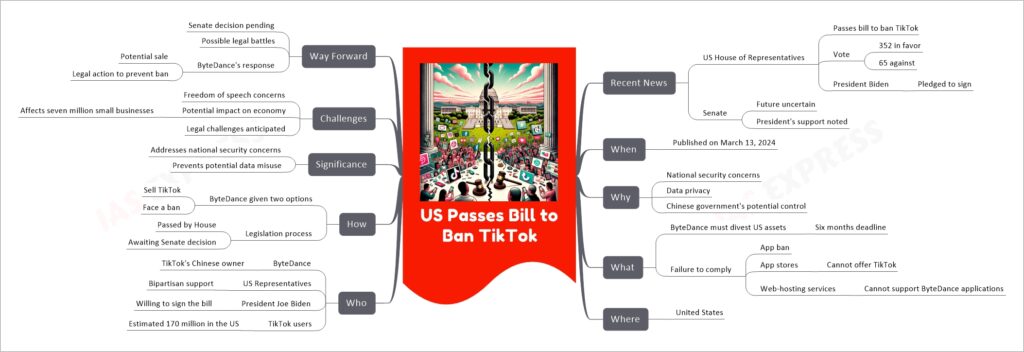
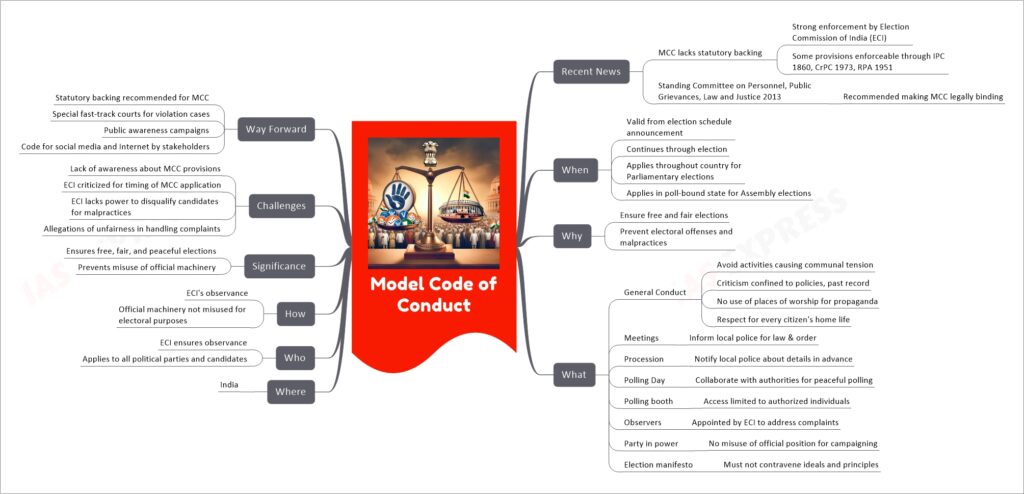
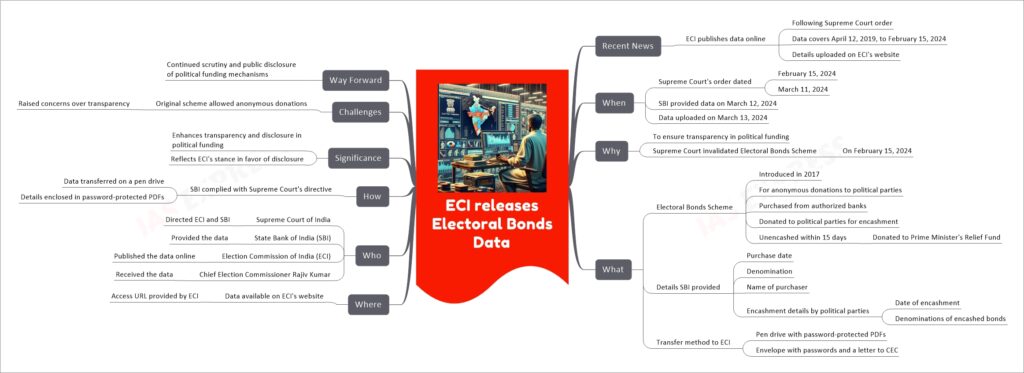

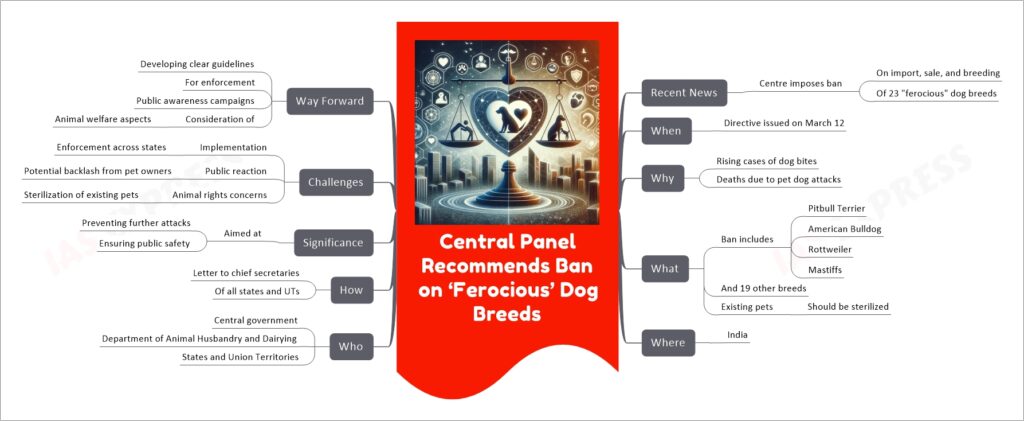
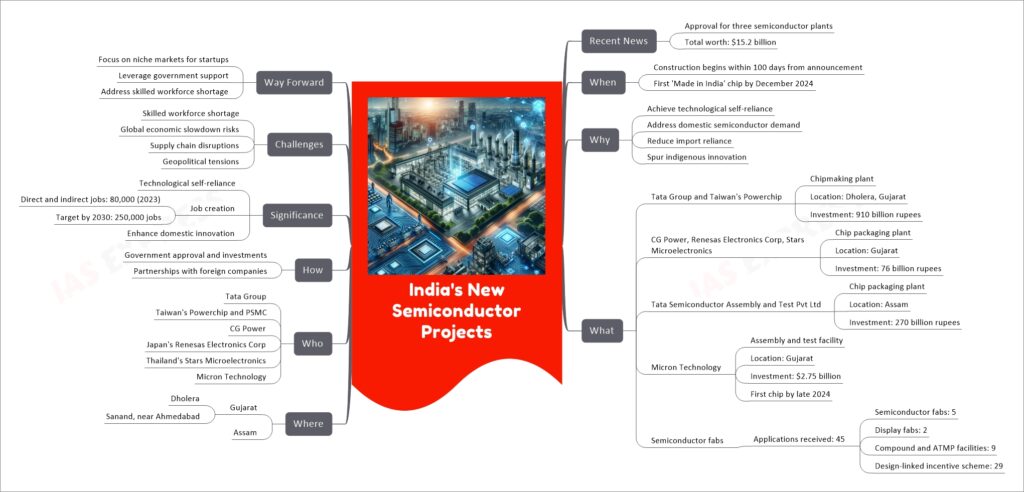
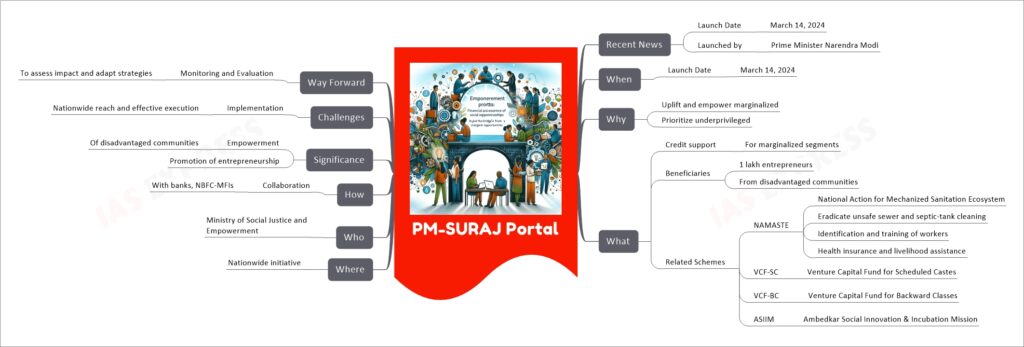
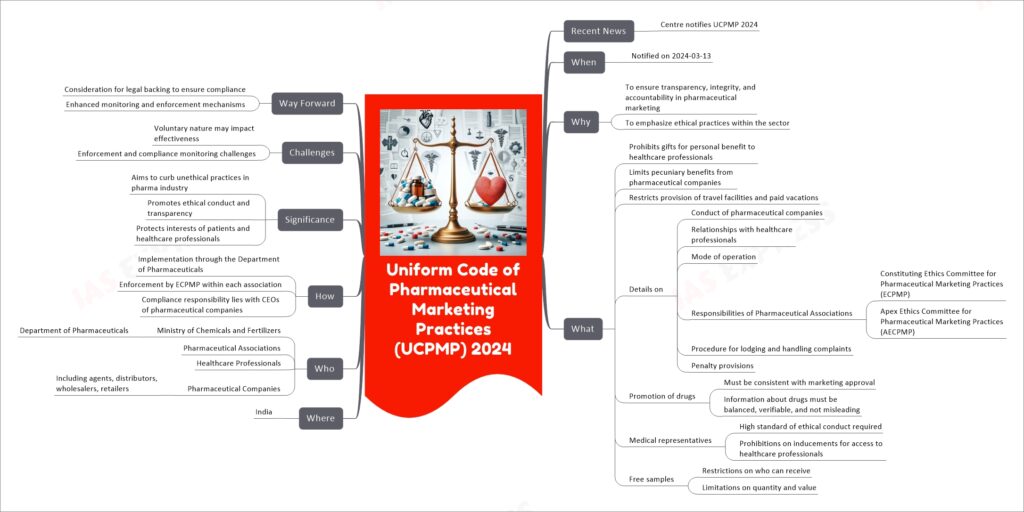
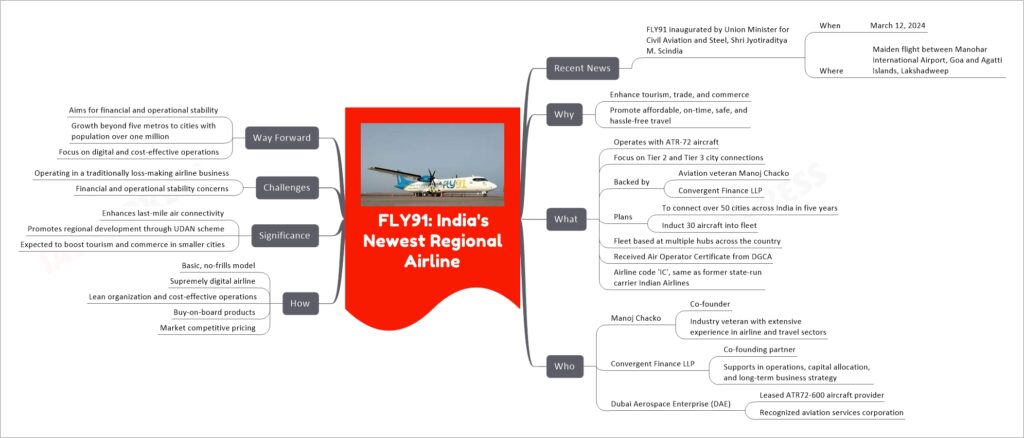
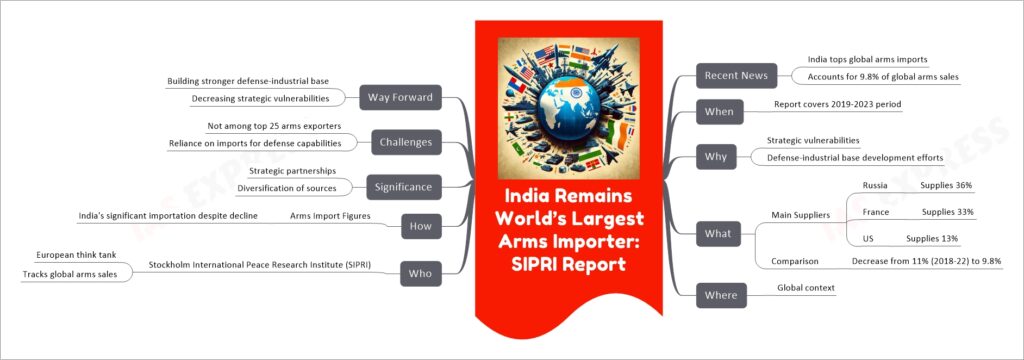
If you like this post, please share your feedback in the comments section below so that we will upload more posts like this.
